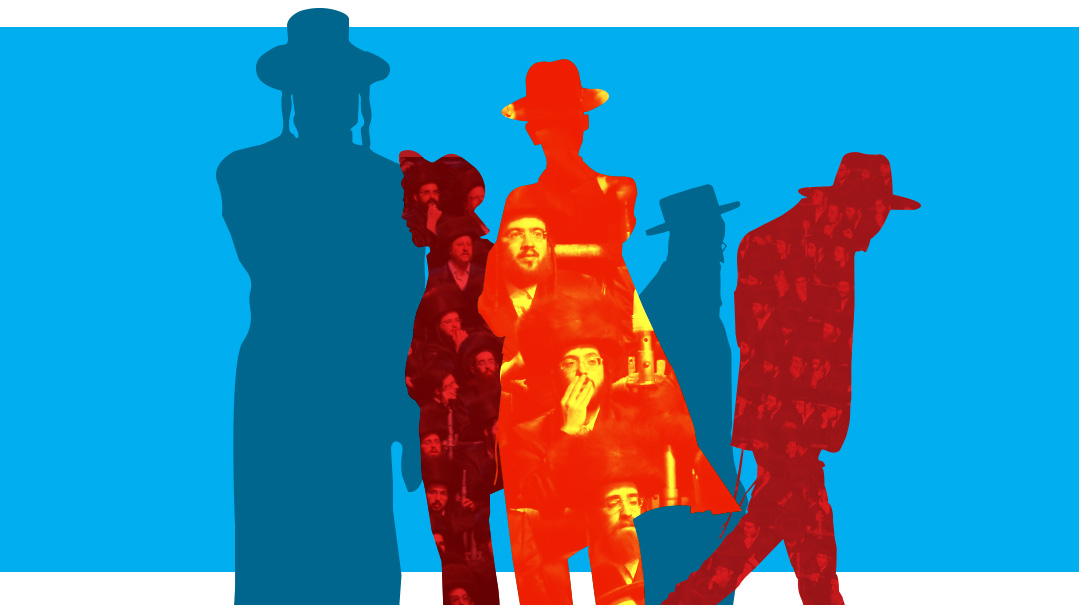Who Speaks for the Jews?

Who gains and who loses in the era of the instant askan? Four experts offer their assessments and their recommendations for fixing the problems

The equation for askanus used to be simple — activists were appointed by the community to represent their views, advocate for their interests, and be their voice. The powers that be, in turn, knew whom they were dealing with.
Now those simple arrangements have frayed, boundaries have become blurred, and unified interests have given way to competing objectives, with self-appointed community spokesmen working at cross purposes. That chaos has been exacerbated by social media. Adversaries outside the community have recognized the discord and seek to exploit it.
A panel of four experts offer their assessments of the environment and their recommendations for fixing the problems
David G. Greenfield
is the CEO of the Metropolitan Council on Jewish Poverty. He served on the New York City Council from 2010 to 2017, and is the founding director and counsel of Teach NYS, a nonprofit advocating for private schools in New York state.
Rabbi Moshe Aron Hoffman
is a spokesman for Mosdos Satmar, under the leadership of Rebbe Aharon Teitelbaum, and is a veteran liaison to the Hungarian government.
Rabbi Boruch Ber Bender
is the founder and president of Achiezer, a nonprofit organization started in 2008 that provides both community-wide and individualized services ranging from medical, financial, and emotional support to disaster relief.
Rabbi Yitz Frank
is the executive director of Agudath Israel of Ohio. He lives in the Cleveland area and serves on numerous community and institutional boards.
It was an all-time low.
Last month, a hachnassas sefer Torah ceremony — the most beautiful of events — turned ugly. A veteran askan, the usual liaison, turned to the police for help, as he so often had, asking them to close off a few roads for the procession. But the police, still unsure about COVID protocols, refused and made a counter-offer for a smaller ceremony.
The askan explained some of the sensitivities involved and asked them to reconsider. After all, they knew him. He’d come around to their holiday parties over the years and brought them large trays of latkes. He’d arranged communal sreifas chometz, and, after a horrible anti-Semitic attack in a neighboring community, he’d accompanied the police chief to a meeting with rabbanim.
He was the guy, right?
But then things got confusing.
The next day, a few men came into the local police station to tell the receptionist that in fact, Mr. Ploni did not represent the Orthodox community, not at all.
Someone found the email address for the precinct, and waves of messages came in making it clear that the liaison had never been appointed, anointed, or even asked to help.
The well-meaning receptionist passed these messages on to the officer in charge of public relations, who forced the liaison to insist that no, he really was the guy, he’d always been the guy, this was a misunderstanding.
It was, perhaps, but it also wasn’t.
It was bound to happen, especially since, as in New York right now, there are different candidates earning equally passionate support from leaders of different Jewish groups — bound by need and worry, but not by shared approach.
And if there’s confusion in our own camp, how is it viewed by the elected officials, police departments, and hospital administrators sitting across the table?
Oops! We could not locate your form.













